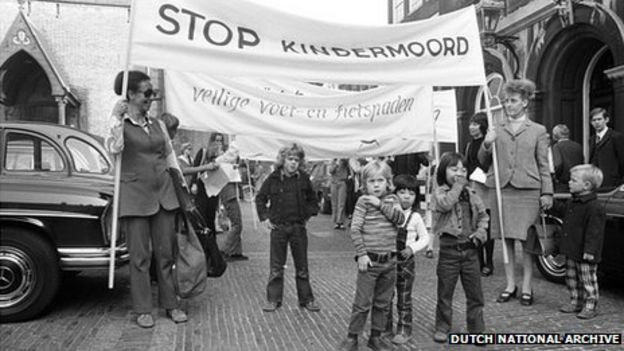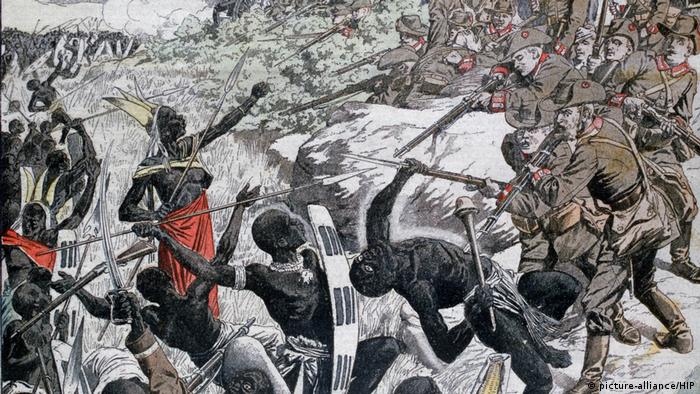“Stop killing our children!” This phrase halted the
Netherlands’ steady slide into a car-oriented system when automobiles were at
their peak popularity. Outrage over loss of life brought an entire nation of
people together to demand change. Regular people marched in the streets and
lobbied their representatives and worked to elect politicians from parties that
would listen to them. To the Dutch, the death of even one child was too many.

In the 1970s, the Dutch protested the skyrocketing popularity of cars. They rallied around one simple concept: Kindermoord, meaning child death. And they were successful. This is why the Dutch build their cities around bicycles.
Meanwhile, in the U.S., we drive past overturned vehicles
that must’ve flipped five or six times before crashing to a halt, pickup trucks
billowing firey smoke, and motorcycles shattered into a million pieces on a
daily basis without batting an eye at the carnage. To us, the death or maiming
of our neighbor is only as important as it has made us late for dinner, thanks
to all the traffic.
"Meh."
In the U.S., we are so used to death and murder that only
certain deaths matter. We have to pick and choose which deaths to
mourn. While in Delft, two mass shootings occurred only one day apart, one in El Paso that killed 22 people and one in Ohio that killed 9 people. It was awful, terrible, but just another day for us.
It seems like the Netherlands and the U.S. couldn't be more different, but in my honest opinion, we’re actually inherently similar. See, I've traveled and lived in some of the most modern, shiny places in the world and some of the most dirt poor. What I have experienced is that no matter where you are in the world, you are touched by regular human shit. On a personal level, feelings of depression, loneliness, anxiety over productivity and the meaning of it all follow you no matter where you go. And on a societal, structural level, we are all living in the same timeline propped up by the same global history. Capitalism, racism, and sexism are inescapable realities of today. Anywhere there are white people and black people, men and women, you can feel a difference in power.


Imperialism is a global phenomenon and its effects touch us all.
Both the U.S. and the Netherlands have homeless populations that the government and general population aren’t
doing enough to help. We both struggle with vacant storefronts and businesses
downtown that aren’t viable because the rent is too high. We’re both crawling
with crows, pigeons, ants and mosquitos. We both are full of white people with
half-smiles and furrowed brows who don’t acknowledge that colonialism and imperialism underpin our entire way of life. We both
struggle with freedom of expression and divorcing the concept of sex with the
concept of gender. We both need emergency vehicles to be able to take people to
the hospital and put out fires, so we both have road infrastructure and
vehicular traffic. We both have car-traffic highways that connect every major
city. And we both have a very vocal population demanding that their personal vehicles
be catered to at all times in all spaces, and a national government that
listens to them.


I found this image on the internet but I'm like 99% sure I saw this exact same man in Amsterdam.
While there is a lot we can learn from the Netherlands, as far as the physical organization of infrastructure and the structural organization of a democratic government, we are still all struggling together as a human race against capitalism and brutalism. The Netherlands cannot solve climate change alone. The Netherlands cannot end the practice of genocide, nor could they if they tried, considering their military budget is a drop in the bucket compared to ours.
Anyways, I had a wonderful time in the Netherlands because the food was delicious and the landscape was beautiful and intuitive to navigate, but ultimately I am not sad to leave.